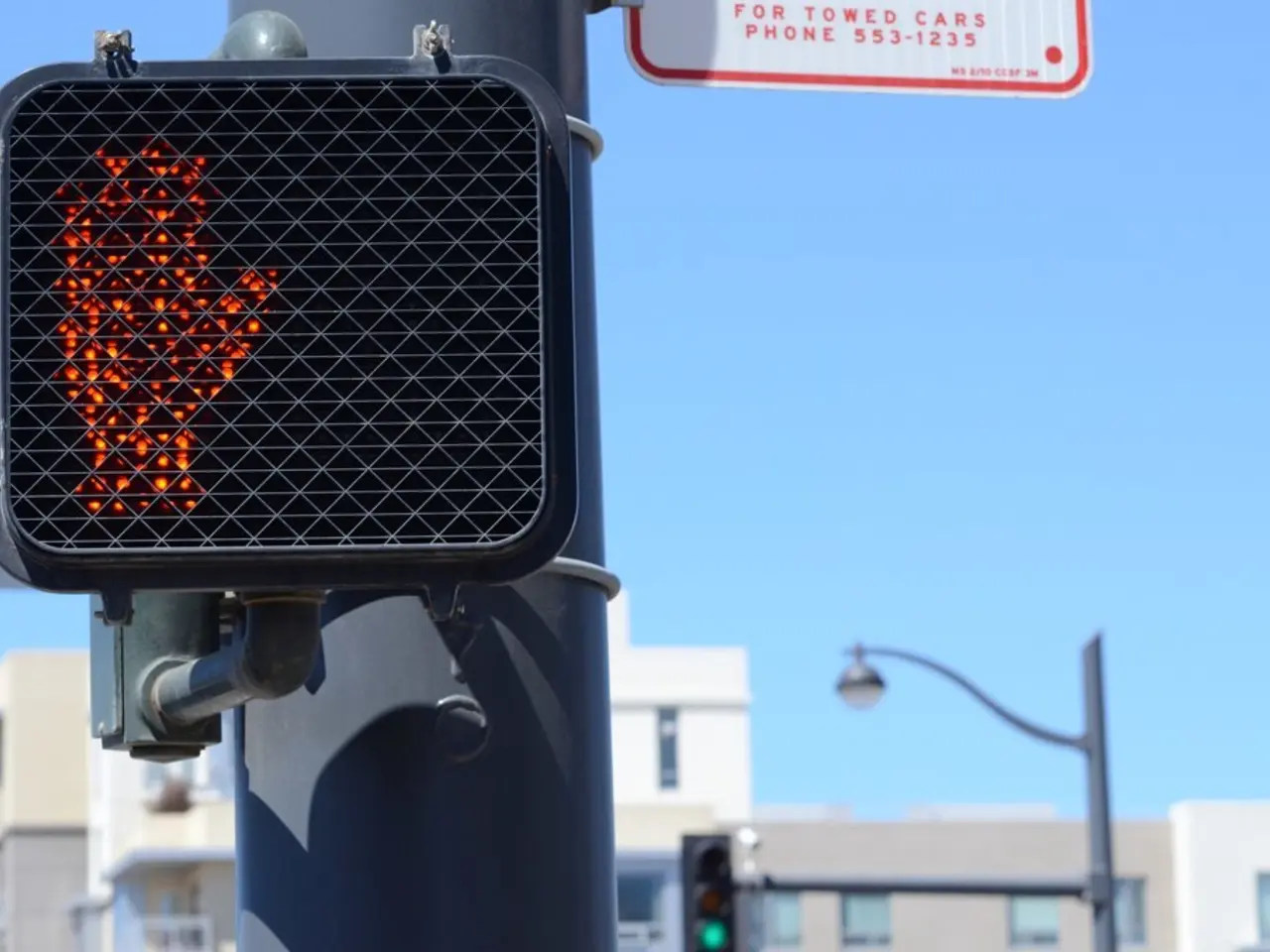"Russian agricultural watchdog, Rosselhoznadzor, has discovered over 2,500 infractions in the operations of "Svetofor" across 14 Russian regions."
In a recent development, the Federal Antimonopoly Service (FAS) has initiated 21 cases against 20 logistics centres of the "Traffic Light" network in 14 regions, alleging signs of violating antimonopoly legislation. This action follows a series of inspections that uncovered numerous violations, leading to the temporary closure of one of the network's stores in Moscow in January 2025.
The "Traffic Light" network, which operates approximately 2,200 stores nationwide, has been under scrutiny for its business practices. Sergei Lisovskii, a parliamentarian, has commented on the results of these inspections, stating that the business model of the "Traffic Light" network is built on law violations.
The investigations have revealed that over 280 orders for the elimination of violations have been issued, and more than 1,000 protocols were drawn up. The majority of violations were found in milk and dairy products, meat and meat products, fish, and chicken eggs. Rosselkhoznadzor, the Russian federal executive service responsible for protecting the health of the population and the environment, identified over 2,500 violations in the operation of the "Traffic Light" network this year alone.
The largest quantity of substandard products was discovered in the Krasnoyarsk and Krasnodar Krais, Orenburg, Nizhny Novgorod, and Volgograd Oblasts. These findings have raised concerns about the quality and safety of products sold by the "Traffic Light" network.
In response to these findings, Lisovskii also suggested that changes may be made to federal legislation to address loopholes allowing businesses to ignore legal requirements. He further stated that the practices of the "Traffic Light" network, including selling substandard products and delaying payments to suppliers, must be stopped.
The "Svetofor" trading network, which operates the "Traffic Light" stores, is also developing stores in the "hard discount" format under the "Mayak" sign. Despite the ongoing investigations, the company reported a revenue of 286.3 billion rubles for the first nine months of 2024, placing it fifth in the list of largest retailers in the country in 2023.
Data from oversight agencies may be sent to the RF Prosecutor General's Office regarding the "Svetofor" network, indicating the seriousness of the allegations against the company. The situation remains under close monitoring, with key episodes available in the chronicle by DK.RU. The future of the "Traffic Light" network in Russia remains uncertain as the investigations continue.
- The business practices of the "Traffic Light" network, a retail enterprise with around 2,200 stores across the country, have come under scrutiny due to allegations of violating antimonopoly legislation.
- As a result of investigations, parliamentarian Sergei Lisovskii has commented that the business model of the "Traffic Light" network appears to be built on law violations.
- The investigations into the "Traffic Light" network have highlighted numerous violations in various product categories such as milk and dairy products, meat and meat products, fish, and chicken eggs.
- In response to these findings, Lisovskii has suggested that policy-and-legislation changes may be necessary to close loopholes allowing businesses to bypass legal requirements, and he has emphasized the importance of ending practices such as selling substandard products and delaying payments to suppliers.




